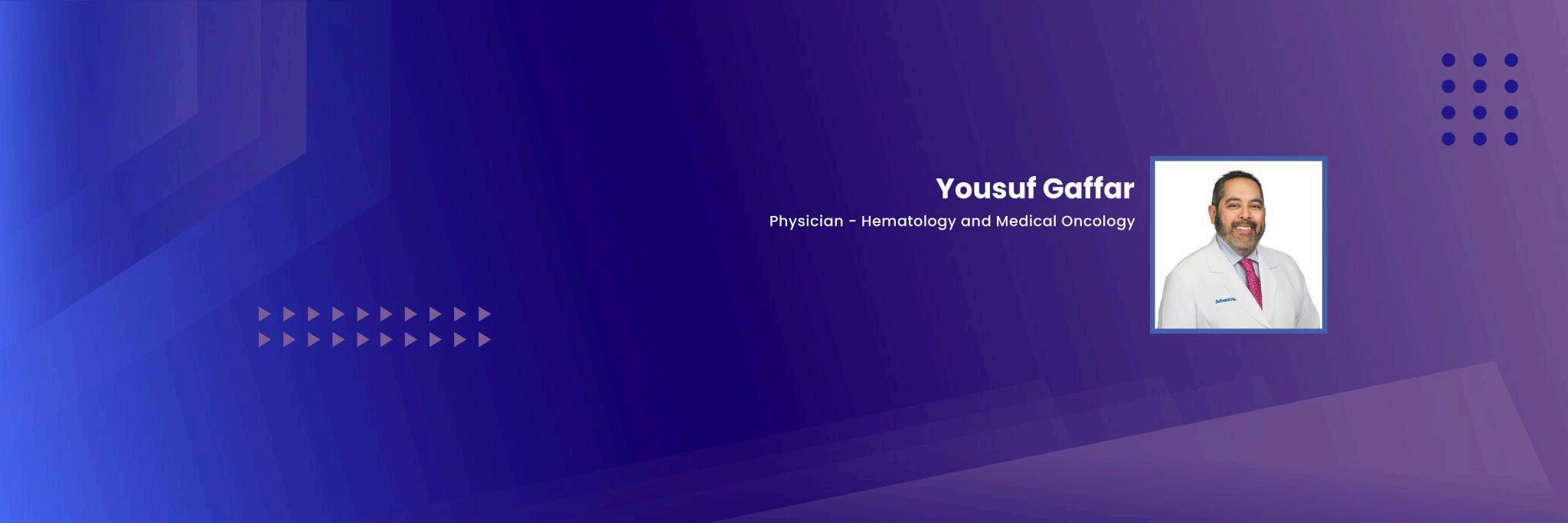Leveraging Clinical Experience for Superior Patient Care by Yousuf A. Gaffar, M.D

Over the course of a medical career, clinicians accumulate invaluable insights that extend far beyond textbook knowledge. By systematically harnessing this experience, healthcare teams can elevate patient care quality, improve safety outcomes, and foster long term trust. In this article, we’ll explore practical strategies for transforming accumulated expertise into consistent, measurable excellence, as advised by Yousuf A. Gaffar, M.D.
First, recognize the distinction between knowledge and wisdom. Clinical knowledge encompasses the facts, protocols, and guidelines that define modern medicine. Wisdom, on the other hand, emerges from repeated exposure to real world scenarios: challenging diagnoses, unexpected complications, and diverse patient interactions. To bridge the gap, institutions should formalize mentorship programs that pair early career providers with seasoned practitioners. Through case discussions, bedside teaching rounds, and reflective debriefings, less experienced clinicians learn how to anticipate potential risks, tailor interventions, and communicate effectively with patients and families.
Next, prioritize continuous experiential learning. Simulation labs and role‑play exercises offer safe environments to rehearse complex procedures, break bad news, or manage crisis situations. When simulations incorporate past case studies such as rare presentations or near miss events teams gain practical rehearsal opportunities that mirror clinical reality. Regularly scheduled multidisciplinary morbidity and mortality (M&M) conferences further reinforce a culture of open dialogue. By reviewing adverse outcomes with an educational mindset, providers identify system level improvements and share lessons learned across departments.
Data-driven feedback mechanisms are essential for translating experience into action. Implement structured patient satisfaction surveys, clinician self assessments, and peer reviews to capture qualitative and quantitative indicators of care quality. Analyze trends in readmission rates, medication errors, and patient complaints to pinpoint areas needing refinement. When care teams review this data collectively, they can develop targeted improvement plans whether that involves revising admission protocols, enhancing pain management strategies, or strengthening discharge education.
Finally, integrate technology to amplify seasoned judgment. Decision support tools embedded in electronic health records (EHRs) can surface relevant past case outcomes, clinical guidelines, and risk stratification algorithms at the point of care. Wearable monitors and telehealth platforms extend experienced clinicians’ reach, enabling remote management of chronic conditions and early intervention for warning signs. By combining digital resources with human expertise, healthcare organizations can deliver personalized, proactive, and scalable patient care.
In summary, the journey from expertise to excellence requires intentional structures for mentorship, experiential learning, feedback analysis, and technology integration. When healthcare systems commit to these strategies, they transform individual experience into organizational strength resulting in safer, more effective, and more compassionate patient care.
